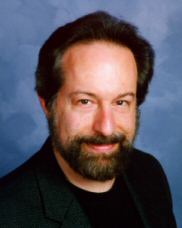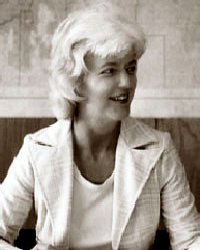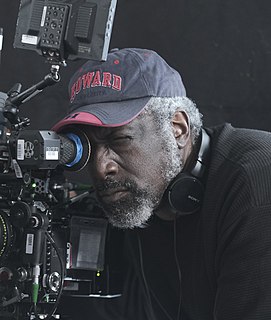A Quote by Margaret Atwood
I define science fiction as fiction in which things happen that are not possible today - that depend, for instance, on advanced space travel, time travel, the discovery of green monsters on other planets or galaxies, or that contain various technologies we have not yet developed.
Related Quotes
Today, we know that time travel need not be confined to myths, science fiction, Hollywood movies, or even speculation by theoretical physicists. Time travel is possible. For example, an object traveling at high speeds ages more slowly than a stationary object. This means that if you were to travel into outer space and return, moving close to light speed, you could travel thousands of years into the Earth's future.
I define science fiction as the art of the possible. Fantasy is the art of the impossible. Science fiction, again, is the history of ideas, and they're always ideas that work themselves out and become real and happen in the world. And fantasy comes along and says, 'We're going to break all the laws of physics.' ... Most people don't realize it, but the series of films which have made more money than any other series of films in the history of the universe is the James Bond series. They're all science fiction, too - romantic, adventurous, frivolous, fantastic science fiction!
The future. Space travel, or cosmology. Alternate universes. Time travel. Robots. Marvelous inventions. Immortality. Catastrophes. Aliens. Superman. Other dimensions. Inner space, or the psyche. These are the ideas that are essential to science fiction. The phenomena change, the basic ideas do not. These ideas are the same philosophical concepts that have intrigued mankind throughout history.
The real origin of science fiction lay in the seventeeth-century novels of exploration in fabulous lands. Therefore Jules Verne's story of travel to the moon is not science fiction because they go by rocket but because of where they go. It would be as much science fiction if they went by rubber band.
Science fiction is a weird category, because it's the only area of fiction I can think of where the story is not of primary importance. Science fiction tends to be more about the science, or the invention of the fantasy world, or the political allegory. When I left science fiction, I said "They're more interested in planets, and I'm interested in people."
Literary science fiction is a very, very narrow band of the publishing business. I love science fiction in more of a pop-culture sense. And by the way, the line between science fiction and reality has blurred a lot in my life doing deep ocean expeditions and working on actual space projects and so on. So I tend to be more fascinated by the reality of the science-fiction world in which we live.
Sci-fi uses the images that sf - starting with H.G. Wells - made familiar: space travel, aliens, galactic wars and federations, time machines, et cetera, taking them literally, not caring if they are possible or even plausible. It has no interest in or relation to real science or technology. It's fantasy in space suits. Spectacle. Wizards with lasers. Kids with ray guns. I've written both, but I have to say I respect science fiction enough that I wince when people call it sci-fi.
As you see, I bear some resentment and some scars from the years of anti-genre bigotry. My own fiction, which moves freely around among realism, magical realism, science fiction, fantasy of various kinds, historical fiction, young adult fiction, parable, and other subgenres, to the point where much of it is ungenrifiable, all got shoved into the Sci Fi wastebasket or labeled as kiddilit - subliterature.


































